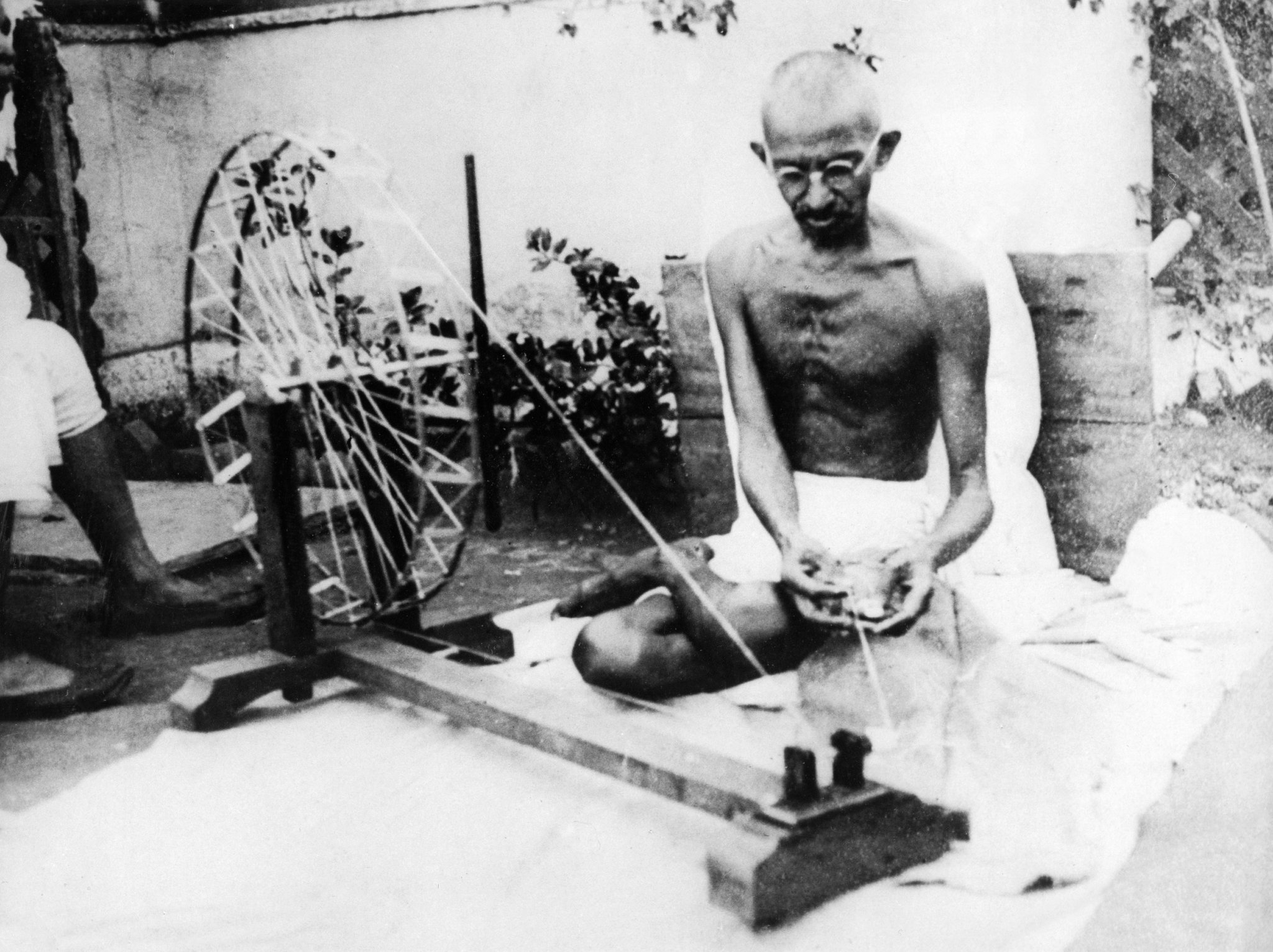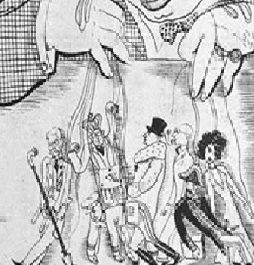A dear friend of mine recently warned me that it is not advisable to use the term "anti-Semitic", which sometimes occurs in my writings. At least not so openly.
He almost called it unwise, saying that this could be noticed and even eventually banned from certain platforms on the Internet. And he repeated his opinion again when one of the articles of this portal, 2022plus, " Hey, Kohn, I'm anti-Semitic, shall we drink a splash?" I reviewed the article on social media.
So I thought about it. My acquaintance is therefore disturbed by the word "anti-Semitic", or more precisely by its pronunciation and description, and it is difficult for me to understand this, since it is hardly possible to find relevant or objectionable parts in my articles. I think so. But if we do, we should say a few words about the anti-movements.
If someone acts against the Americans, then they have an "anti-American" view. If against the English, then 'anti-British' or 'Anglophobic'. If he takes a stand against the communists, then he is "anti-communist", and if he takes a stand against the Christians, then of course he is "anti-Christian".
All this should not be a problem, everyone has the right to hold certain views, since we live in a free world!
A problem only arises if a certain political trend in a given society gains more influence than usual, i.e. - according to some - becomes an oppressive power, because then an opposite pole, i.e. an "anti" trend, can be expected to appear in that society. And this can indeed cause a problem, at least for those whose names follow the word "anti"; and at the same time, it poses a threat to the advertisers of the compound term.
Let's look at anti-Christianity for example! In the Middle Ages, this was considered a very dangerous view, and several people were executed at the stake or in prison for it. Because Christianity (that is, Christianity) was a real world power at that time.
Or take the anti-communist trend! This is no longer dangerous nowadays, but approx. 30-35 years ago it was still very much like that, life-threatening, many of the anti-communists ended up in prison or on the gallows. And the reason for this was that at that time the communists exercised power in several countries of Eurasia.
The same thing happened with anti-Anglicanism, it was once considered a very dangerous view in the British colonies, including in India, as it defined itself against the ruling English, whose power was later broken by Nehru's action, but especially by Gandhi's quiet movement.

Gandhi weaving yarn at home, 1929. (image source: carnegiecouncil.org)
However, as we can see, the situation is quite different with anti-Semitism,
because if someone accuses others of this, he should, by definition, also openly state and admit that there is a power - not to say a world power - against which the anti-Semitic trend acts.
After all, based on the previous examples, this particular "anti-trend" was (or would be) born for this very reason... and it should be rejected and persecuted.
However, this is clearly not true in the case of anti-Semitism, as we all know thanks to the media. After all, who can talk about world power here? Of course, based on our everyday experience, we can mention a kind of "bank power", but what does it have to do with a specific people? Who would even think of assuming all this?
But there are also those who talk about "cultural dictatorship".
Come on! But even if all this were true, why would we think that it is under the control of a single people? Isn't it?
In fact, some even mention "media power". But I'm begging you, really, in this regard, who could think of the "wine-minded" assumption that the media would also be concentrated in the hands of a certain people?
If someone were to claim this, then of course we would all know that the whole thing is pure fiction! What else would it be?

Source: Facebook
Therefore, the term anti-Semitism itself - to which my above-mentioned, out-of-the-air examples alluded - lacks any dangerous basis, ergo it cannot be dismissed, so we do not need to be afraid of it, because anti-Semitism as a world movement - against which it could act - does not exist . Right? I guess I'm not wrong. Obsession?
Or would there be someone who would see the point in saying the opposite? Right, right? After all, Gandhi was also silent. He didn't speak, he just sat and texted...
TTG
Featured Image: Pixabay













